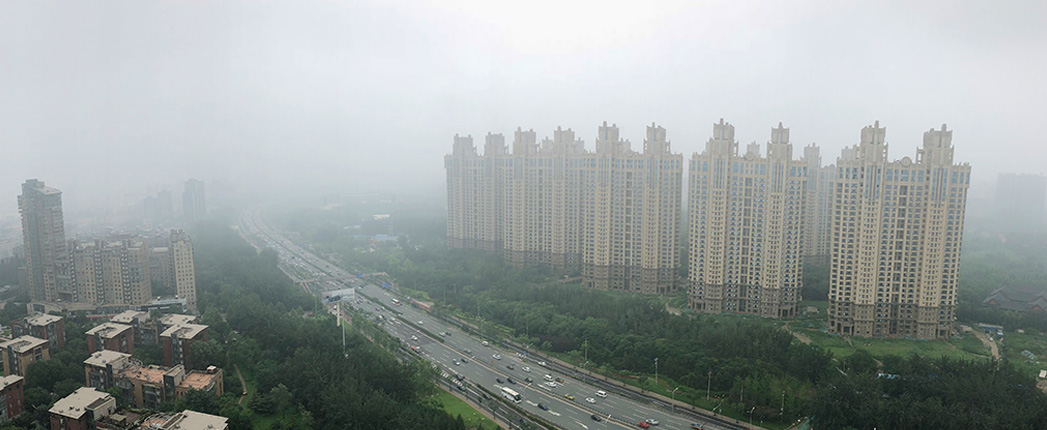
China started to implement 6a, the first phase of the China 6 emission standards, on July 1 for light-duty vehicles nationwide. Lube suppliers are formulating compliant products, often using API Group III base oils, which will also be suitable for the latest engine models.
Slightly more restrictive than the China 5 standards, 6a is largely viewed by Chinese automakers as a cushion before implementation of 6b. That standard, which is equivalent to the Euro 6 standards, is expected to go into effect on Jan. 1, 2021, for diesel vehicles and July 1, 2023, on all vehicles.
For example, 6a limits carbon monoxide to 700 milligrams per kilometer, down from 1,000 mg/km in China 5 while 6b further cuts it to 500 mg/km. For particulate matter, 6b lowers the limit to 3 mg/km from 4.5 mg/km in China 5 and 6a.
Nonetheless, lube suppliers are already churning out API SP and ILSAC GF-6 lubes to pair with the new engine models and comply with the 6b standards.
Shell China in December last year announced two of its Helix Ultra products were upgraded from API SN to API SP. This year, many more suppliers have launched API SP grade oils. Among them are ExxonMobil, BP Castrol, Sinopec, Tongyi and Lopal.
“As far as I know, major lube companies – not only the big names but also private suppliers – are using Group III oils for the SP grade lubes,” said Xie Xin, research head of motor oil team at Sinopec’s research institute in Beijing. Xie added that the new standards target the widely used turbocharged, direct injection engines in passenger cars, and only API SP and ILSAC GF-6 lubes can endure the harsh tests that verify whether a lube can reach benchmarks including low speed pre-ignition suppression, better performance in antiwear and soot dispersion, and better fuel efficiency.
Before the China 6 standards, though, many price-sensitive blenders had preferred Chinese-produced API Group II oils that offer decent quality with much lower prices than Group III oils, which were usually imported. But recently, several major Chinese refiners started producing Group III oils, which will put downward pressure on Group III oil, according to Sinopec’s Xie.
He cited Lu’an Group as an example. The state-owned coal mining group started to sell Group III oils a year ago produced by its coal-to-liquids plant, which has a capacity of 350,000 metric tons per year. In June, Shandong-based private refiner Qinghe also started to produce Group III oils at its plant, which has production capacity of 600,000 t/y.
Major additives suppliers said that they indeed see rising demand for Group III base oils.
“Excellent performance at extreme temperatures and high oxidation stability are required for base oils, and I think it means great demand for Group III oils,” said Chen Ligong, head of lubricant additive research academy at Richful, an additives supplier based in Xinxiang, Henan province.
Richful has been developing new additives for API SP grade lubes. Chen said major improvements include more reliable antioxidants and more efficient dispersants.
“We are looking into new applications of magnesium to suppress LSPI. We also think there will be more to expect in terms of friction modifier development, which is important for better fuel economy demanded by GF-6,” Chen said.
For multinational additive suppliers that are familiar with the Euro 6 standards, they might find it easier to adapt to the China 6 standards due to the similarities between the two. Still, some tweaks must be made because Chinese automakers could have different requirements, said Wang Wei, Infineum Greater China sales manager.
For example, some Chinese automakers have additional requirements for greater fuel efficiency for passenger car oils and longer oil change intervals for heavy-duty diesel engine oils. Most Chinese car makers prefer adding filters in engines to comply with particle number limits in the emissions standard.
“These requirements lead to changes in lube and additives formulation,” Wang said.
He added that the company saw developing API SP grade oils as a priority for major Chinese lube suppliers.
“Globalization of specifications happens faster than ever. Having SP oil in the portfolio demonstrates technology leadership in the lube market,” he said.